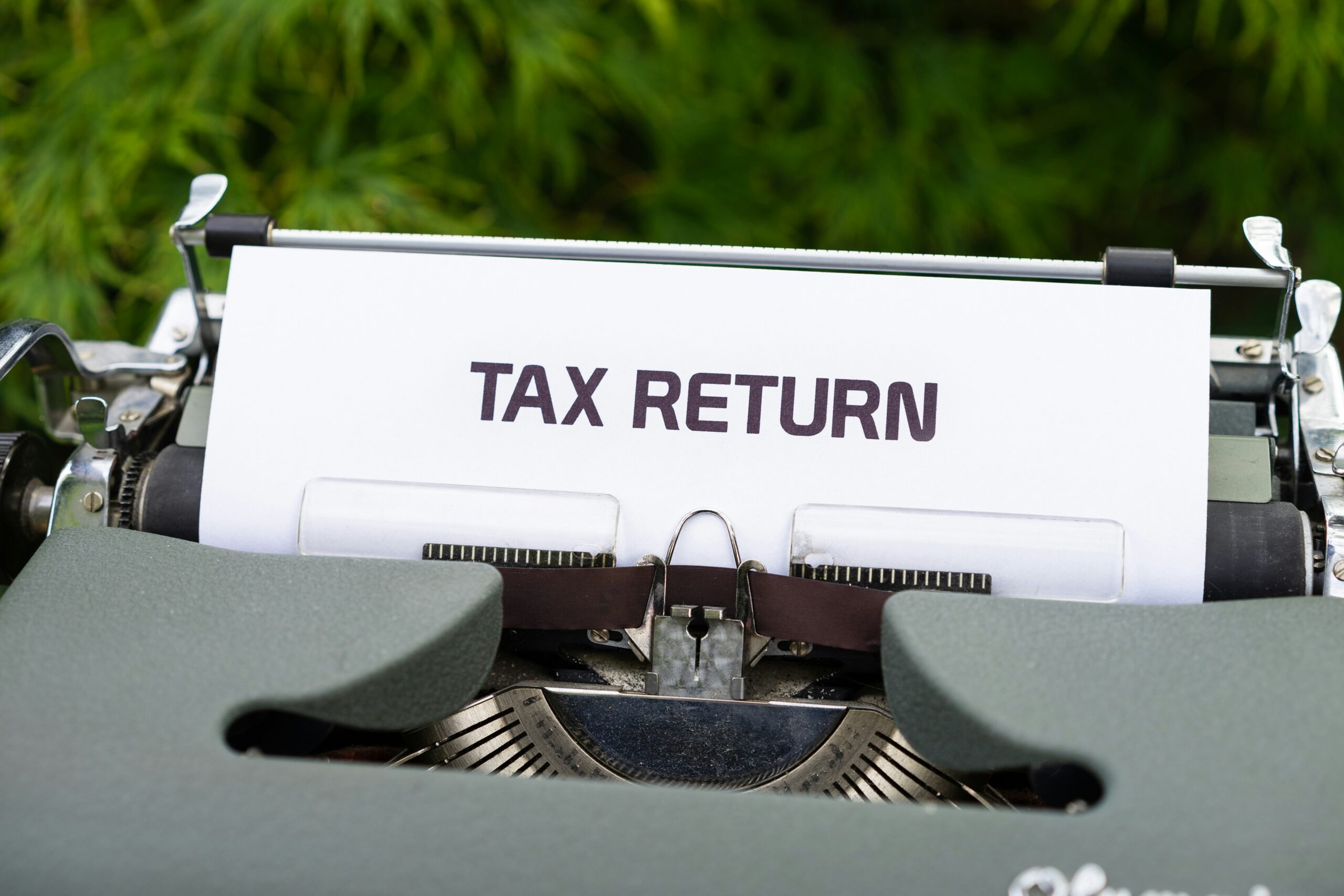Persons and business entities pay taxes on income made in Lebanon. A person is said to be a resident if he/she possesses a permanent organization or residency in the country or has resided within the territory for at least 183 days a year. According to the tax law, a taxpayer has to file a tax return at the end of January of each year. Taxes are mostly levied on gross income, or profits acquired here. This is to ensure that the income was earned from activities carried out in the nation only. This is a comprehensive guide, which provides detailed information about taxes in Lebanon.

Types of Taxes
There are two main kinds of taxes; personal income tax and corporate tax. However, there are other forms of special taxes under them.
Personal Income Tax
An employee who resides here pays taxes on the annual salary earned. When a service is rendered and income is earned from it, such income is levied if the service was carried out in Lebanon. This tax applies to an income whose source of funding is considered to be within the state, regardless of where its beneficiary stays, or where the work was carried out.
Personal Income Tax Rates
| Taxable Income | Rates |
| Up to LBP 9,000,000 | 4% |
| LBP 9,000,001 – LBP 24,000,000 | 7% |
| LBP 24,000,001 – LBP 54,000,000 | 12% |
| LBP 54,000,001 – LBP 104,000,000 | 16% |
| LBP 104,000,001 – LBP 225,000,000 | 21% |
| Above LBP 225,000,001 | 25% |
Corporate Income tax
The tax rate depends on the kind of income such as profits from industrial, commercial, and non-commercial sources, income from salaries, wages, and revenues from moveable capital. According to the tax law, the applicable tax is as follows:
| The corporate income tax rate | 17%. |
| Capital gains on fixed assets disposal | 15% |
| CIT charged at a rate of dividend distribution on withholding tax (WHT) | 10% |
| Non-resident withholding tax | 7.5% on services and 2.25% for goods other than services. |
Other types of Taxes
The other type of taxes include:
Capital Gains and Investment Income tax
Taxed at a rate of 15%, this is not levied on estate clearances for up to 2 residential properties, provided they are maintained for at most 12 years.
Interest Income tax
Tax is paid for income received from savings accounts, bank deposits, and credit accounts. All interest-based income is charged a withholding tax with a 10% rate.
Payroll Tax
Payroll Tax is charged from 2% to 25%, subject to the salaries.
Withholding Tax (WHT)
Charged on interest income; the presently appropriate rate is levied at 10%.
Value-Added Taxation
VAT is taxed at a rate of 11% in the country. All commercial transactions carried out by most companies are subject to a VAT.
Excise Duties
They are mostly charged on beverages, alcohol, and tobacco-related products.
Built Property Tax
BPT is a yearly progressive tax varying from 4 percent and 14 percent on all properties built within the territory.
Stamp Duty
Two kinds of stamp duties are charged. The stamp duty of 0.4 percent is only used when necessary, and the fixed stamp duty varies from LBP 250 to LBP 2 Million.
Social Security Contributions
Social Security Contributions are paid by both the employer and his or her employees. An employer pays at an 8 percent fixed rate of contribution, while employees pay a lesser rate of 3 percent.
Non-Resident Tax
Income solely earned by non-residents in the state is typically subjected to an effective tax rate of 2.25 percent of the gross income, which was made after the sale of materials and equipment. In the trade of services, it is levied at the rate of 7.5 percent. Income tax ought to be held back at the source.
You may also find these articles helpful
Types of Company Structures in Lebanon




